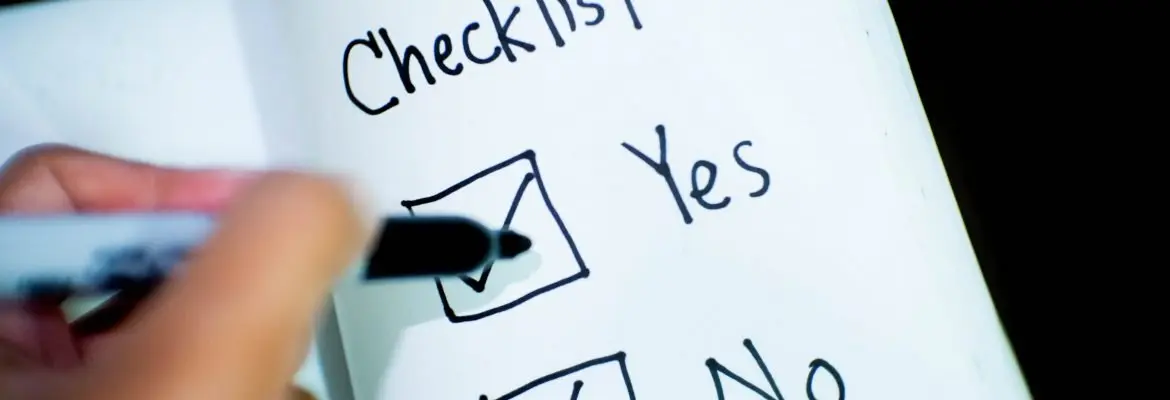Do’s and Don’ts in Playing Slots
People are attracted to playing the slot machines whether on live or online casinos.
The magic that these gambling machines create a game of chance continues to awe bettors, particularly online betting enthusiasts.
Also called the one-armed bandits, slot machines are without a doubt the most played casino game.
Winning in this online casino game is all a matter of chance, but we have here for you the most important do’s and don’ts in playing slot machines online or live.

DO’S
- Higher denomination slots have higher payback percentages
Dollar slots yield a higher payback percentage than quarter slots. Playing higher-denomination games means bigger bets and more risk.
- Bet enough to be eligible for jackpots
A percentage of each bet is added to the jackpot/s on progressive slot machines. Three-reel slots usually have a single progressive jackpot on the top payoff and you must bet maximum cins to be eligible.
You can’t win the progressive if you bet only one or two cents on a three-coin dollar slot. Progressive jackpots are usually multi-tiered on video slots.
Don’t play a lower-paying game. If you can’t afford those bets, choose a non-progressive game
- Choose games that suit your goals and playing personality
Decide where to find the most value – in jackpot chances, in the player-participation opportunity of pick ‘em bonuses, or in the hit-and-miss nature of free spins.
Your bankroll should cover 250 bets to give you a 90% chance of lasting three hours.
- Play within your budget
Don’t bet money you can’t afford to lose and make it sure you are playing games that fit your bankroll.
- Start small to win big or “prime the pump’’
Prime the pump bettors assume the wins won’t come right away. They start with small bets and will bet big when the wins come.
Play machines at the ends of rows
It is believed that slot machines at the ends of rows can be seen by passers-by and casinos want those other patrons to see slot players winning.
- Look for machines that are paying big
Some players like to play on slots that have made big payouts. Some avoid them, thinking they would go cold.
Machines are never due to go hot or cold and recent paybacks do not offer any clue as to how a machine will perform for you.
- Look for near misses
This means looking for games with jackpot symbols on the eels or screen but just short of a winning combination.
Near misses give no indication of future results. Slot systems can’t change your outcomes or lead you to a winning machine

DON’TS
- String theory
When all slots were three-reel games with coin slots, cheaters affixed a string to a coin, dropping a coin into the slot to trip the mechanism that gave them credit to play, then use the string to pull the coin back.
Manufacturers have already devised more secure coin acceptance machines to make cheating impossible. These days, most slots accept only paper currency or tickets and no longer have slot nheads.
- Problems on slugs
Slugs, or fake coins, were a problem for casinos as long as slot machines accepted coins.
Nowadays, coin recognition software became more sophisticated to solve the problem
- Magnets
In the ‘60s and ‘70s, some slot machines were vulnerable to ordinary magnets.
Cheaters use magnets to make the reels float freely instead of stopping on a spin. They would remove the magnet only when the reels had aligned in a winning combination.
In the ‘80s, top-bottom devices were used wherein the top was a metal rod that was bent on one end and the bottom a strand of wire with an aim to send free coins pouring into the slot ray.
To prevent these, protection was built into the games/machines to shield vital parts from magnets and to make them impossible to hit contacts and create electrical circuits.
- Inside job scam
This was done on the so-called “Big Bertha’’ slots (bigger and wider than other slots) in the ‘90s.
A group was arrested in Nevada after they milled around a Big Bertha. The front of the machine was opened, a woman climbed inside and the machine was mostly shut as she rigged the results.
Everything looked normal to casual passers-by as her cohorts bo9cked the view but security were alert to stop their modus operandi.
- Chip cheating
A software engineer in Nevada was arrested after he programmed chips that functioned normally in slot machines except those in the know could take advantage of a cheat code.
When the cheats inserted specific numbers of coins in a specific order, the machine would payout.











 Live Chat
Live Chat 09518411698
09518411698 @solarbetasia
@solarbetasia support@solarbetsg.com
support@solarbetsg.com